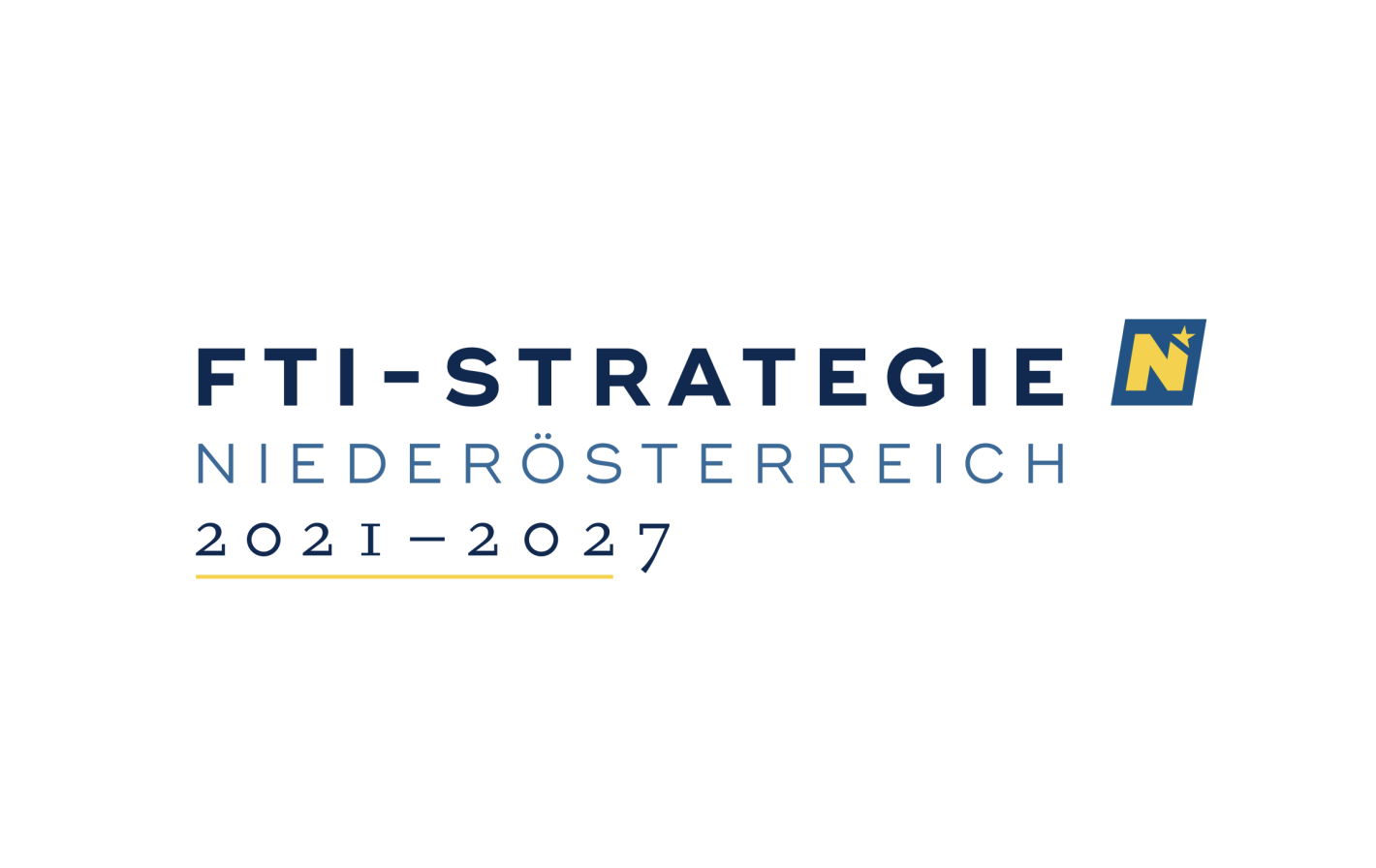HardCO2Re - Kohlendioxid-Recycling mittels funktionalisierten Plattenwerkstoffen auf Basis von Laubholz

Lead partner:
Wood K plus Kompetenzzentrum Holz GmbH
Scientific management:
Axel Solt-Rindler
Additional participating institutions:
Department für Agrarbiotechnologie, IFA Tulln
Research field:
Nachwachsende Rohstoffe und Bioenergie
Materialen und Oberflächen
Funding tool: Basic research projects
Project-ID: FTI19-014
Project start: 01. Oktober 2020
Project end: will follow
Runtime: 36 months / finished
Funding amount: € 199.600,00
Brief summary:
Between 1900 and 2015 the average temperature increased about 1.5% in lower Austria what is prognosed to further increase if CO2 amounts increase in the atmosphere. Forests are strongly affected but also play a role as a bearer of hope against global warming. A young and well-managed forest actively removes CO2 from the ambient air and stores it in the wood material. The current forest stock data of the Austrian Federal Forests already show a decline of spruce, what is the most frequent wood species, in favour of deciduous tree species like beech. A reduction of spruce leads to enormous challenges in the processing technology of domestic wood processing, with production sites also in Lower Austria. Lower Austria already is the most important regional supplier for hardwood in Austria, but the largest part of the annual hardwood harvest (66-69 %) is currently used energetically and CO2 is released into the atmosphere instead of staying safely stored in the material.
Especially low-quality assortments are hardly processed by conventional saw wood technology, what is mostly based on geometric issues. But as hardwood amounts will increase in future, also low-quality assortments and by-products as residues from cutting will significantly increase in future. A combustion of this material is a potential loss to act against climate change. In order to create green perspectives for new materials based on hardwood sawmill by products, it is necessary focus on material functionalisation. Functionalities like an improved moisture resistance, excellent subsequent workability, thermal formability, advanced mechanical stiffness or lower thermal conductivity are only a few suitable for an all-new bio-based and functionalized hardwood-based material. Such a material requires a special type of binder, that is enabling functionality and bio-degradability.
Polyhydroxyalkanoate (PHA) biopolymers produced by bacteria fermentation are highly interesting, due to their material properties. Recent approaches focus on a sustainable but complex method of PHA polymer production by using cyanobacteria. These bacteria grow without organic biomass, on a pure mineral medium, gain their energy from sunlight and bind CO2 and are therefore similar to wood. The scientific challenge of project HardCO2Re is to draw a suitable pathway of combining CO2 neutral materials to a functionalized all-new bio-based material and providing a perspective to use more low-grade hardwood materials and Lower Austrian hardwood sawmill by-products in future. Therefore, basic production processes from wood material processing shall be used instead of a complex WPC extruder technology, where essential parameters for creating functionality as wood amount, density or related mechanical properties are limited. The outcome of project HardCO2Re would benefit Lower Austrian Forest based sector and could change a negative scenario of climate change into a new perspective to reduce global warming.

